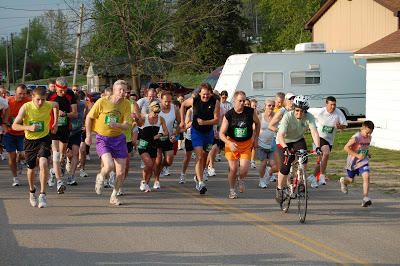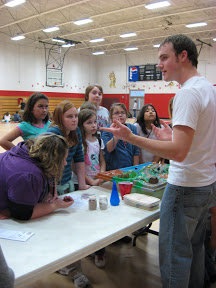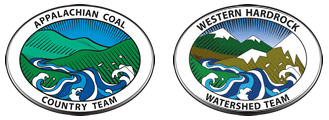The first question addressed in this research project is: Who are rural volunteers? Volunteers with 16 different rural watershed organizations were surveyed to answer this question and many more.

The first phase of the “Volunteers for Rural Watersheds” Research Project involved the distribution and analysis of a survey designed to:
– Form a general profile of rural volunteers
– Gain valuable insight into their opinions
– Identify who is most likely to volunteer
– Reveal gaps where new individuals and groups can be targeted for recruitment
– Discover potential partnerships that can benefit communities in new ways
This survey contained 16 pages of questions related to various aspects of volunteering in rural watersheds: demographics, environmental concerns, activities and involvement, individual volunteer beliefs and opinions, watershed group impacts in the community, watershed group impacts by region, and civic engagement. In addition, the survey provided space for volunteers to express certain practical issues such as days and times when they are available to volunteer, areas of concern for the watershed group and community and availability for follow-up interviews.
Those surveyed must have, within the past year, volunteered at a minimum of two watershed events for no less than two hours total and/or have attended at least half of group-specific meetings. 441 surveys were distributed to the volunteers of 16 different watershed organizations. 315 surveys were retrieved, tallying a response rate of 71.4%.
Rural Volunteer Survey Analysis details survey responses overall and by the following regions:
– Northern Appalachia (Pennsylvania, Ohio, Maryland)
– Southern Appalachia (West Virginia, Virginia, Kentucky, Tennessee)
– West (Colorado, New Mexico)
This Rural Volunteer Survey Analysis provides helpful insight into volunteerism throughout Appalachian coal country and hardrock-mining West.

Volunteers from the following organizations participated in this survey:
Northeast Ohio
Little Beaver Creek Land Foundation: Lisbon, OH
Western Pennsylvania
Crooked Creek Watershed Association: Indiana, PA
Northern West Virginia
Friends of Deckers Creek: Dellslow, WV
Northeast Pennsylvania
Lackawanna River Corridor Association: Scranton, PA
Schuylkill Headwaters Association: Pottsville, PA
Southern West Virginia
Plateau Action Network: Fayetteville, WV
Upper Guyandotte Watershed Association: Mullens, WV
Morris Creek Watershed Association: Montgomery, WV
Western Maryland
George’s Creek Watershed Association: Barton, MD
Northeast Tennessee
Woodland Community Land Trust: Clairfield, TN
Southwest Virginia
McClure River Restoration Project: Clintwood, VA
Friends of Russell Fork: Haysi, VA
Western Colorado
North Fork River Improvement Association: Hotchkiss, CO
Lake Fork Valley Conservancy: Lake City, CO
Southeast Kentucky
Headwaters, Inc.: Whitesburg, KY
Northern New Mexico
Upper Pecos Watershed Association: Pecos, NM
